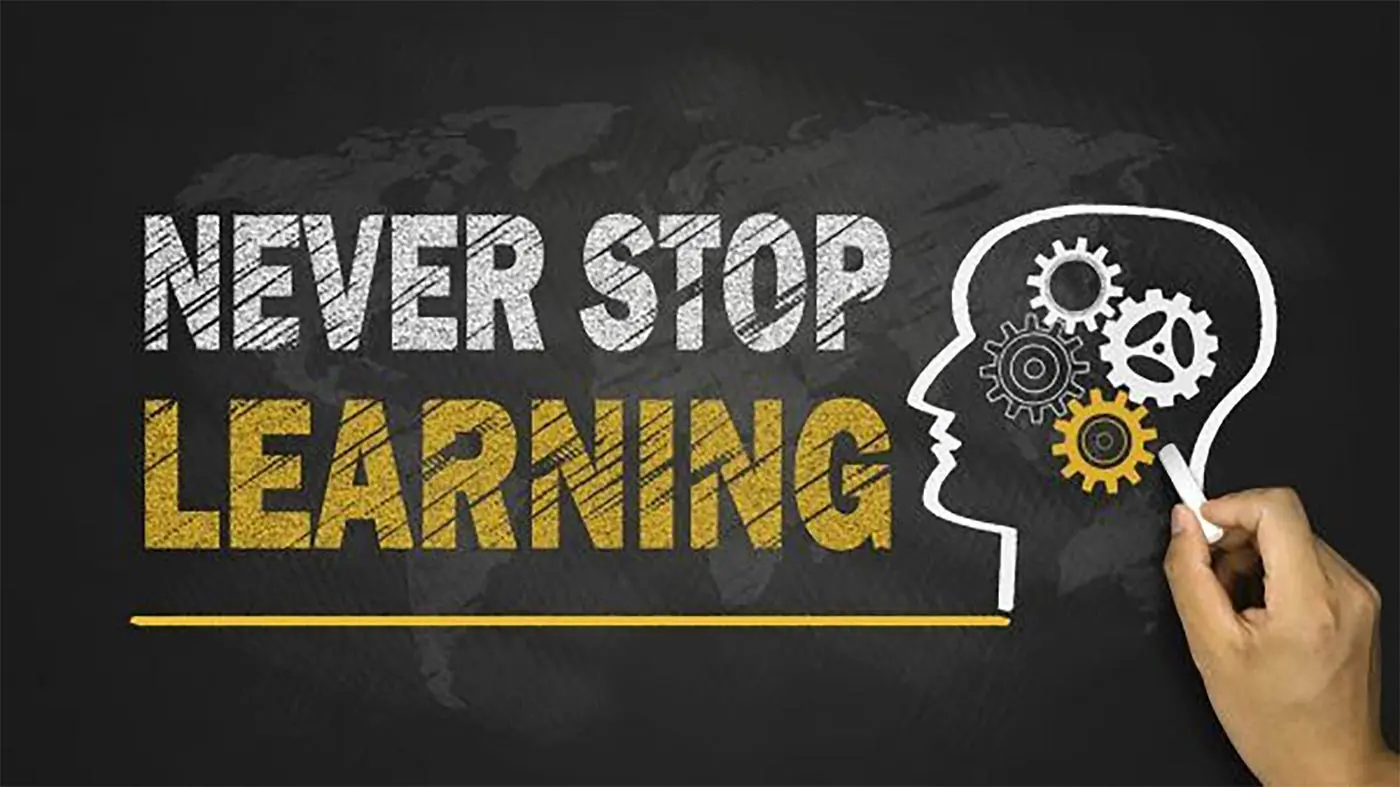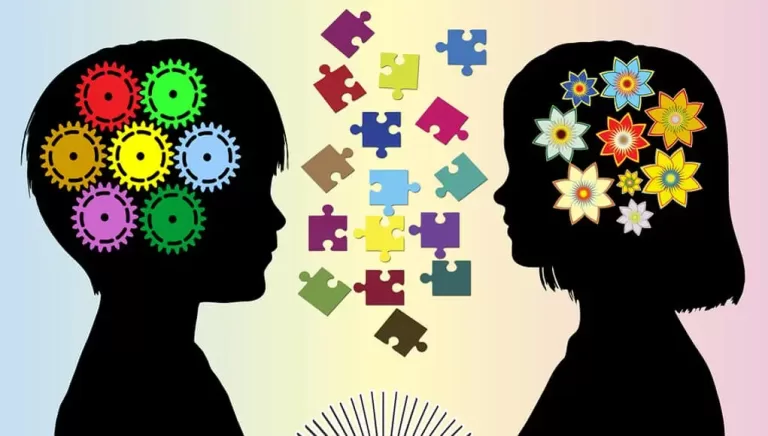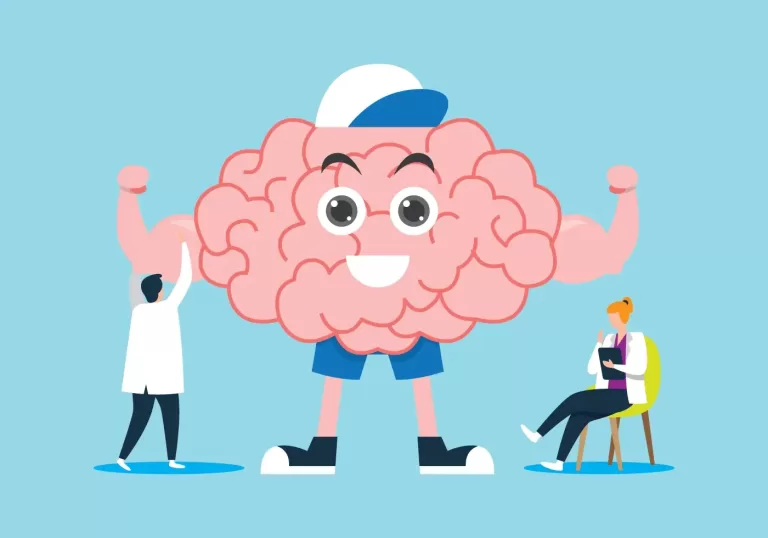
Develop a Lifelong Learning Mindset: How & Why
This page may contain affiliate links. If you choose to purchase after clicking a link, I may receive a commission at no extra cost to you.
As a business mentor, I often encounter people who want to improve themselves and achieve their goals. One of the most important skills that I help them develop is a lifelong learning mindset. A lifelong learning mindset is a way of approaching your work and life with curiosity, strategic thinking, and resilience. It is about believing that you can always improve yourself and learn new skills and knowledge beyond formal education. It is about having a desire to keep growing and adapting to changing situations and challenges. A lifelong learning mindset can help you achieve personal and professional goals, as well as enhancing your well-being and happiness.
But how do you develop a lifelong learning mindset? And what are the benefits of doing so? In this article, I will share with you some tips and strategies on how to cultivate a lifelong learning mindset, as well as some of the positive outcomes that you can expect from it.
5 Steps to Develop a Lifelong Learning Mindset
Developing a lifelong learning mindset is not something that happens overnight. It requires consistent practice, effort, and reflection. Here are some of the steps that you can take to develop a lifelong learning mindset:
1. Identify your learning goals and motivations
The first step is to clarify what you want to learn and why you want to learn it. What are your personal or professional interests, passions, or aspirations? What are the skills or knowledge that you need or want to acquire or improve? How will learning benefit you or others? Having clear and meaningful learning goals and motivations can help you stay focused, motivated, and engaged in your learning journey.
2. Seek out learning opportunities and resources
The second step is to find out where and how you can learn what you want to learn. There are many sources of learning available today, such as books, podcasts, blogs, online courses, webinars, workshops, mentors, coaches, peers, communities, etc. You can also create your own learning opportunities by taking on new projects, challenges, or roles that require you to learn new things. The key is to be proactive and curious about finding and accessing learning opportunities and resources that suit your needs and preferences.
3. Apply what you learn to your own context and situation
The third step is to make sure that you transfer what you learn to your own personal or professional goals or challenges. Learning is not just about acquiring information or skills; it is also about applying them to real-life situations and problems. By doing so, you can test your understanding, deepen your knowledge, improve your performance, and generate new insights. You can also seek feedback from others who can help you evaluate your progress and identify areas for improvement.
4. Reflect on your learning process and outcomes
The fourth step is to reflect on what you have learned, how you have learned it, and what you have achieved or changed as a result of your learning. Reflection is a powerful tool for enhancing your learning experience and outcome. It can help you assess your strengths and weaknesses, identify gaps in your knowledge or skills, recognize patterns or connections, evaluate your strategies or methods, celebrate your successes, learn from your failures, and plan for future actions. You can use various methods of reflection, such as journaling, blogging, discussing with others, creating portfolios, etc.
5. Adopt a growth mindset
The fifth step is to adopt a growth mindset, which is the belief that abilities can improve over time with effort and feedback. A growth mindset can help you develop a lifelong learning mindset by enabling you to embrace challenges, persist in the face of obstacles, seek feedback, learn from mistakes, and view success as a result of hard work rather than innate talent. A growth mindset can also help you overcome limiting beliefs or fears that may hinder your learning potential.
Benefits of Developing a Lifelong Learning Mindset
Developing a lifelong learning mindset can bring many benefits to your personal and professional life. Here are some of the benefits that you can expect from developing a lifelong learning mindset:
- You will enhance your personal development and well-being. Learning new things can enrich your life by expanding your horizons, stimulating your creativity, increasing your self-confidence, boosting your self-esteem, improving your mental health, and making you happier.
- You will increase your career success and satisfaction. Learning new skills and knowledge can enhance your career by making you more relevant, competitive, innovative, adaptable, productive, and employable. Learning can also increase your job satisfaction by giving you more autonomy, mastery, purpose, recognition, and growth opportunities.
- You will contribute more value to society. Learning new things can enable you to make a positive impact on society by solving problems, creating innovations, sharing knowledge, inspiring others, and advancing humanity.
Conclusion
Developing a lifelong learning mindset is one of the most valuable skills that you can have in today’s world. It can help you achieve your personal and professional goals, as well as enhance your well-being and happiness. It can also help you make a positive difference in the world. To develop a lifelong learning mindset, you need to identify your learning goals and motivations, seek out learning opportunities and resources, apply what you learn to your own context and situation, reflect on your learning process and outcomes, and adopt a growth mindset. By following these steps, you can cultivate a lifelong learning mindset that will enable you to keep growing and adapting throughout your life.








Leave a Comment